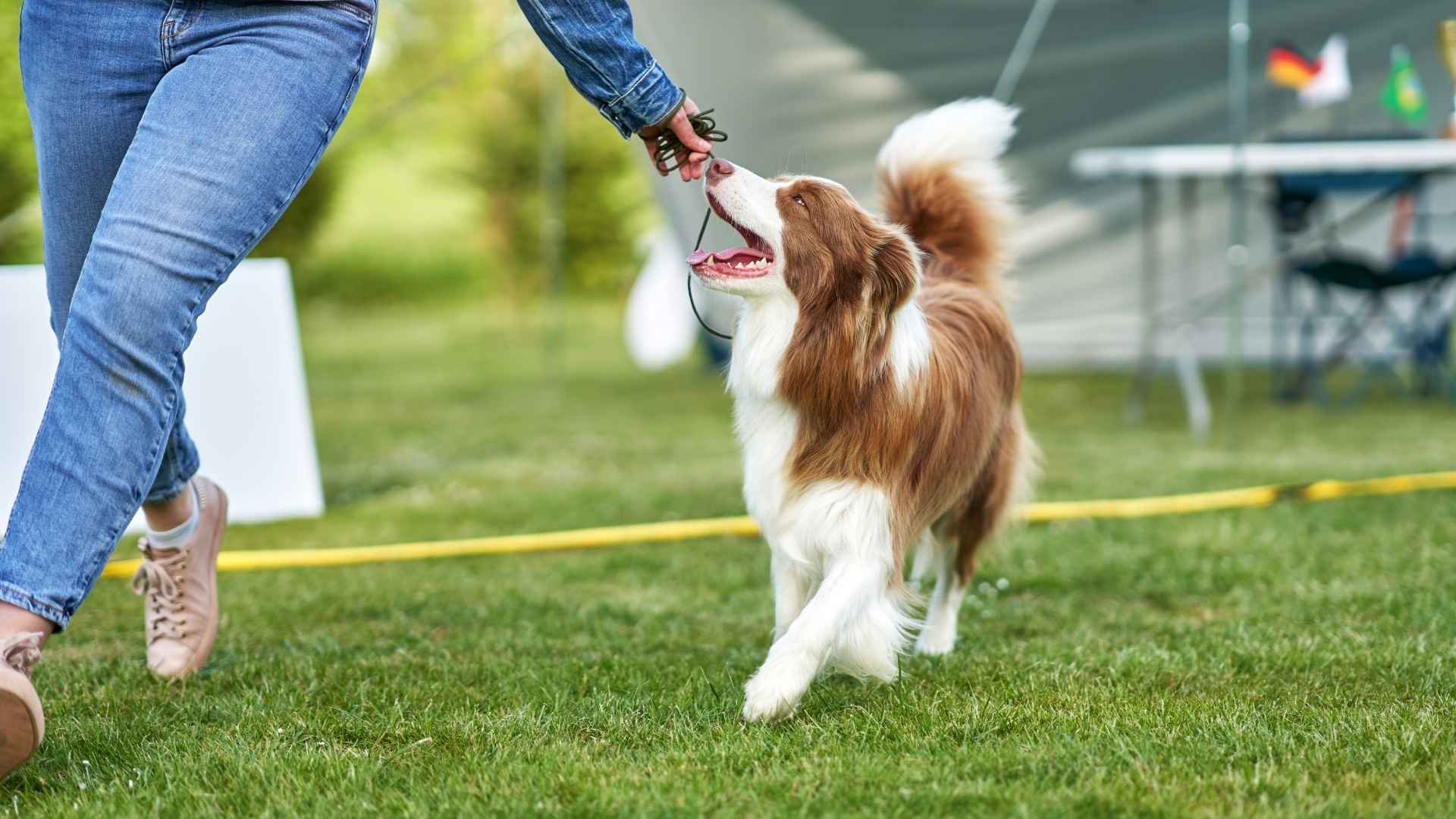For many owners, training a dog can feel like an uphill struggle. Commands must be repeated, patience is tested, and progress is slow. But with certain breeds, the opposite is true.
These dogs seem to grasp lessons almost before they are taught, responding with speed, precision, and creativity. Clever breeds have a way of turning training into a partnership, where learning is mutual and rewarding for both sides.
They adapt to challenges, invent solutions, and even anticipate what comes next. This kind of intelligence makes them excellent companions for people who value activity, engagement, and mental stimulation. Rather than frustration, they bring excitement into daily routines and games. They are the dogs that keep life interesting.
In this guide, you will find the most clever dog breeds, those whose mental sharpness makes them ideal partners for curious and thoughtful owners.
Most Clever Dog Breeds Fit For Your Mind
1. Border Collie
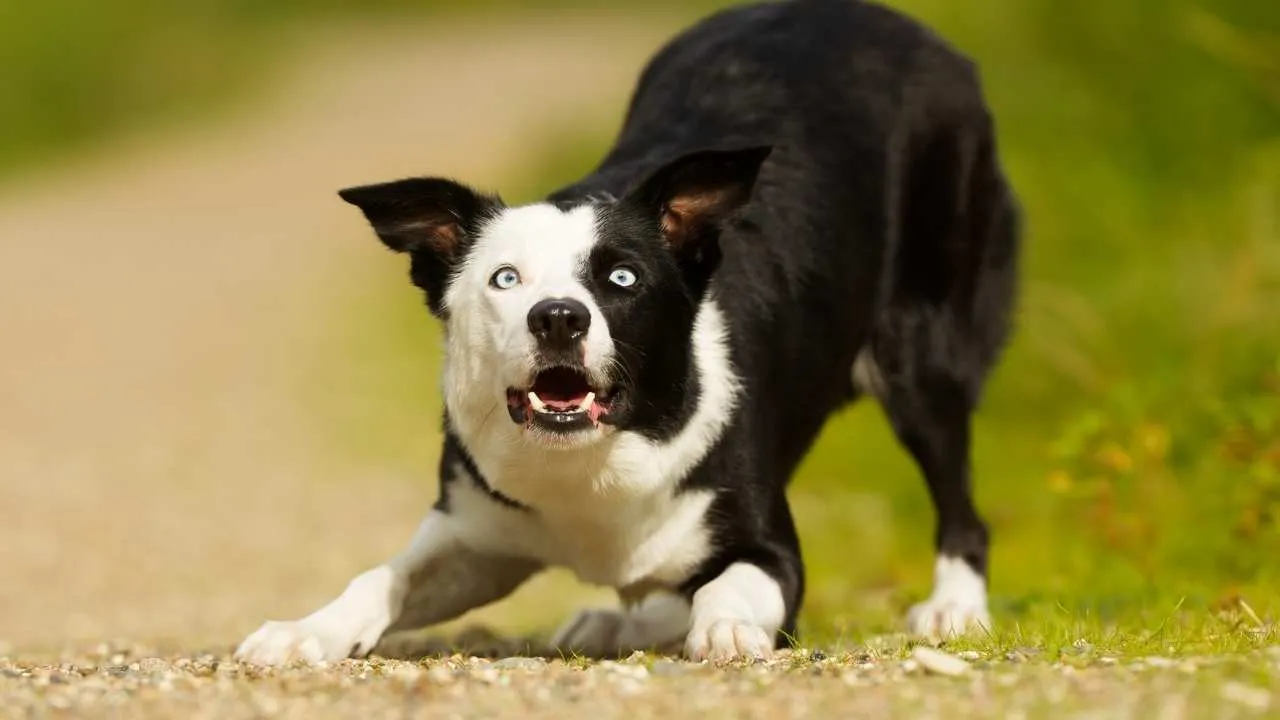
Border Collies consistently top lists of the smartest dog breeds. One famous Border Collie named Chaser could identify 1,022 words, a record unmatched in canine history. Their learning speed places them far beyond routine obedience levels.
Herding Instinct and Strategy
Bred as a herding dog across the rugged landscapes of England and Scotland, they developed quick decision-making under pressure. Their movements include crouching, circling, and intense eye contact known as “the stare.” These behaviors show a mix of athletic skill and sharp strategy.
Mental Stimulation Needs
The breed requires constant outlets for both body and mind to avoid frustration. Owners often use puzzle toys, agility training, and advanced commands to challenge them. With consistent training, Border Collies thrive when given structured tasks and purposeful routines.
Communicative and Persuasive
Border Collies are noted for their ability to understand subtle cues from humans and respond with precision. Many can even manipulate situations to get attention. Their skill at reading body language makes them unusually effective in human-animal communication.
2. Poodle
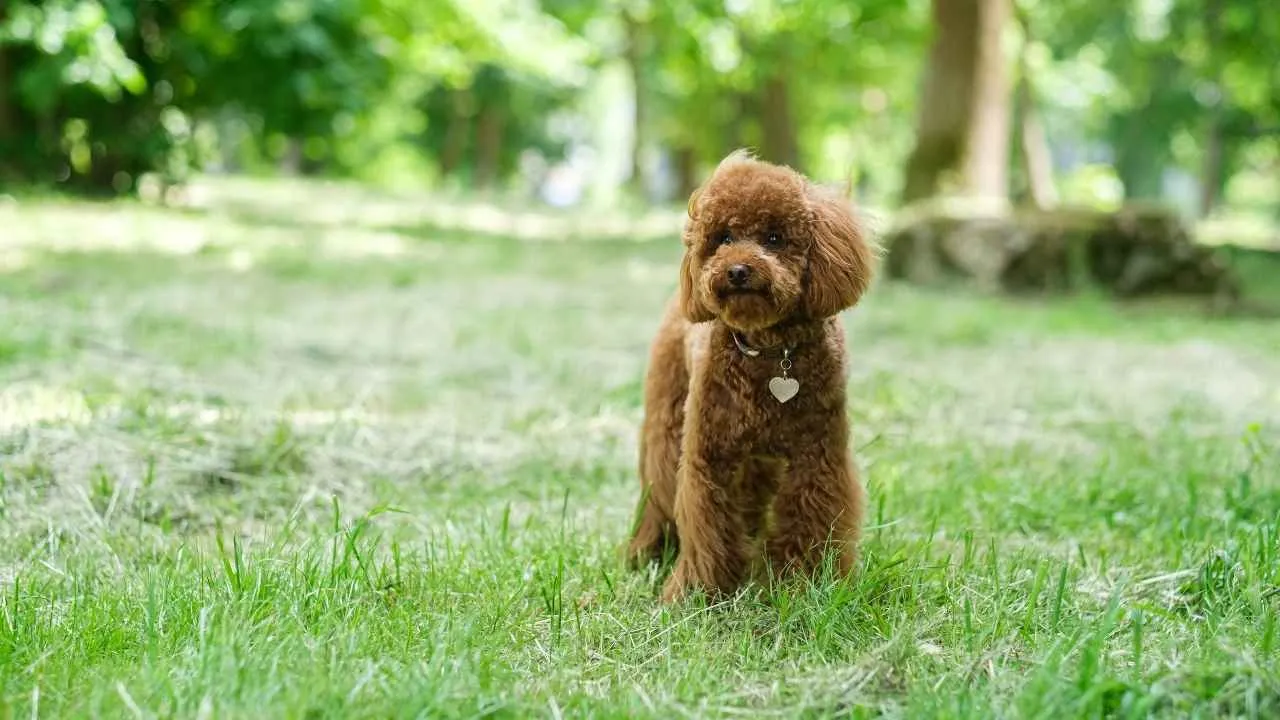
Poodles consistently rank near the top when it comes to problem-solving and decision-making. Stanley Coren’s research places them second overall among the most intelligent dog breeds. Their quick learning ability has long made them a standout choice for people seeking mental stimulation in a companion.
Wartime Roles and Focus
During major conflicts, Poodles were chosen to deliver supplies on battlefields, a task that required composure under stress. This history shows their ability to remain clear-headed in chaotic environments. Obedience and focus became defining qualities that carried into modern working and family roles.
Adaptability at Home
These dogs combine sharp minds with emotional sensitivity, which allows them to read family dynamics with ease. Their versatility extends across multiple activities, making them:
Responsive and easy to train for new commands
Skilled performers with a natural sense of humor
Suitable candidates for therapy dogs due to empathy and patience
Energy and Engagement
A Poodle’s active lifestyle pairs well with its cleverness, as it thrives on interactive challenges. Games that involve memory, problem-solving, or agility are especially rewarding. Without these outlets, their sharp minds may invent their own destructive activities to stay occupied.
3. German Shepherd
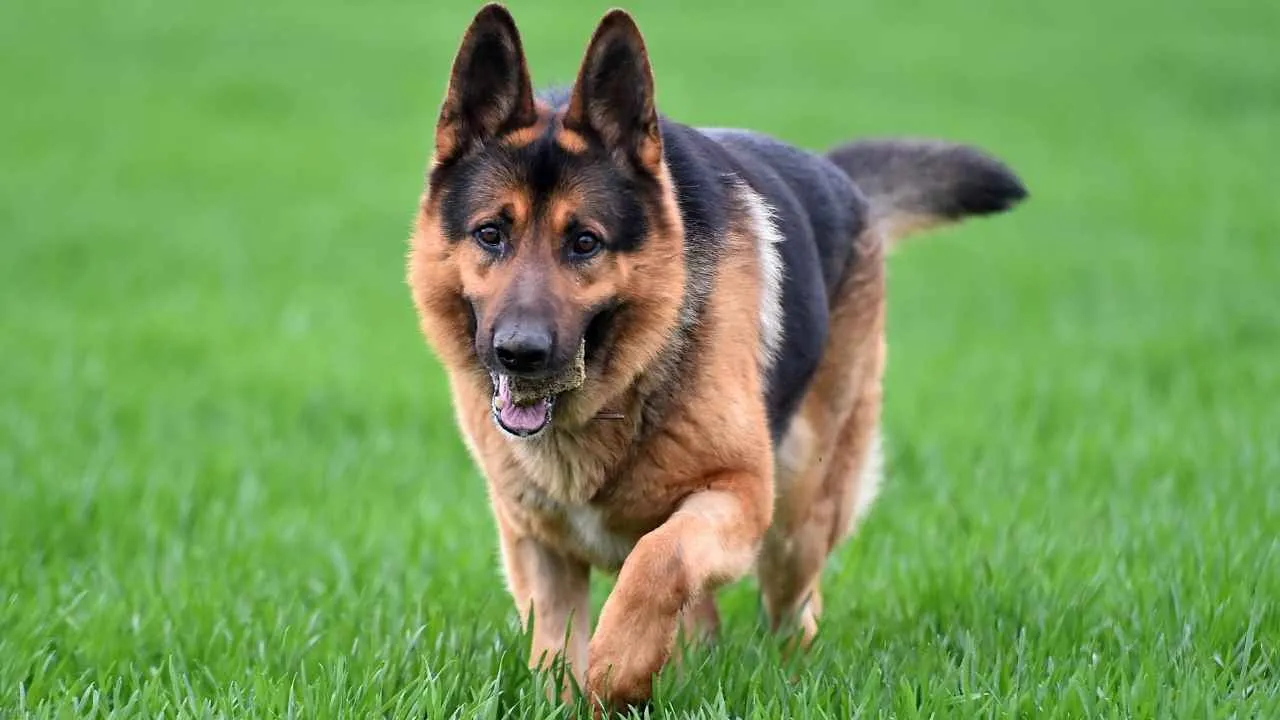
The German Shepherd dog is often highlighted among the most intelligent breeds because of its quick learning ability and sharp memory retention. According to the AKC, it can often pick up a new command on the first attempt, making training both effective and efficient.
Decision-Making Skills
This breed demonstrates rare problem-solving ability by analyzing situations before reacting. Its capacity to weigh options is one reason it has been employed in police K-9 units and search-and-rescue teams. For families, that same skill translates to measured and thoughtful guarding.
Adaptability in Roles
German Shepherds adjust their intelligence across multiple contexts, excelling in tasks that demand focus, obedience, and protective instincts. They are seen as:
Reliable service dogs for people with disabilities
Guardians with strong situational awareness
Active learners eager to refine new skills
Pack Loyalty and Protection
What elevates them further is how their mental sharpness pairs with devotion to those they live with. They are loyal family pets that extend their protective instincts equally to adults and children. This makes them both affectionate companions and reliable home guardians.
4. Golden Retriever

Golden Retrievers are among the quickest learners in the canine world, capable of understanding commands faster than others. Their eagerness to respond accurately makes them reliable in complex tasks. Because of their impulse to please their humans, they can adapt seamlessly across different environments.
Work Ethic and Versatility
Originally bred to retrieve game in Scotland, their stamina and strong gait now serve broader purposes. They are valued in search-and-rescue operations, where agility and steady movement become essential. This balance of physical ability and mental focus keeps them among the most dependable working dogs.
Household Adaptability
Golden Retrievers are excellent family dogs thanks to their gentle nature and consistent behavior with children. Pet parents often choose them for their predictable temperament, which allows trust in everyday routines. They also show remarkable tolerance toward other dogs, which helps in multi-pet homes.
Competitive Spirit
Their intelligence shines in obedience and agility competitions, where precision and focus earn them consistent recognition. Success in these events highlights their trainability and determination. With proper guidance, they thrive both in sporting arenas and as steady companions in daily life.
5. Doberman Pinscher
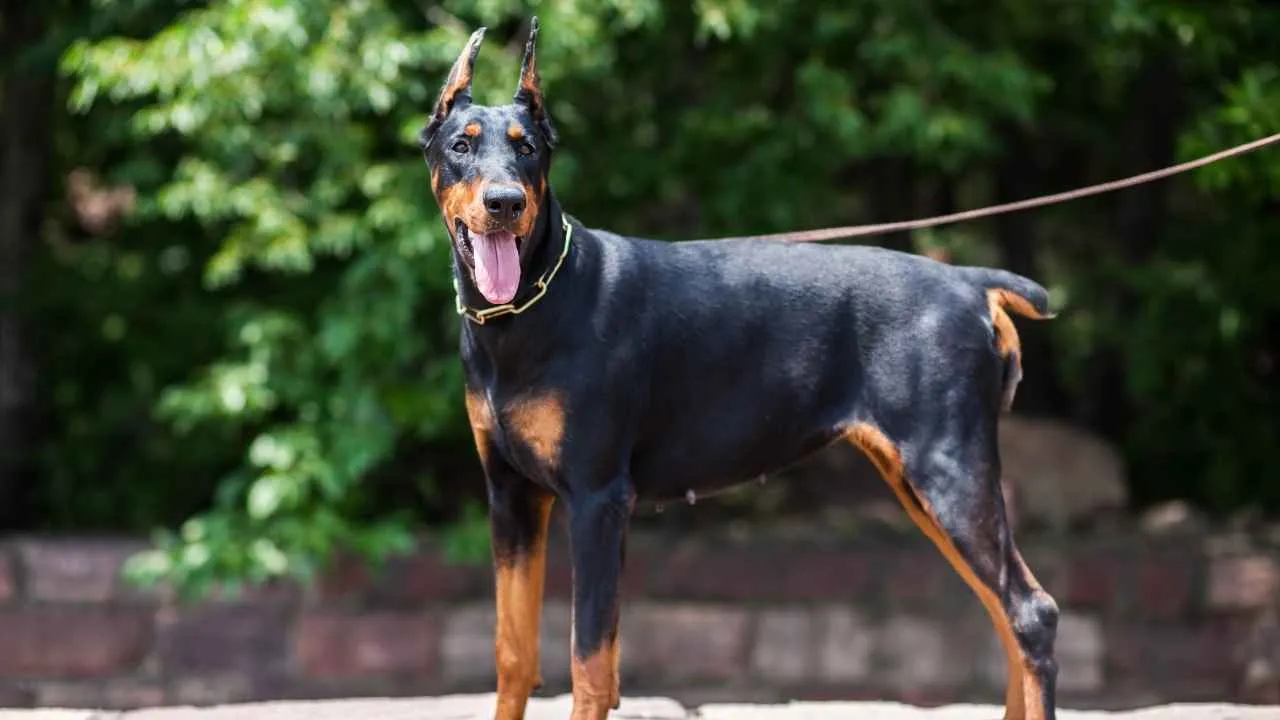
The Doberman Pinscher is consistently ranked among the smartest breeds, showing quick recall and problem-solving abilities in demanding situations. Their ability to evaluate human cues makes them adaptable in both home environments and structured working roles.
Precision and Guarding Role
Originally bred by a German tax collector seeking the perfect canine protector, the Doberman’s history reflects its design as a fearless, fast, and enduring bodyguard. Today, those traits still translate into strong instincts that make them respected guard dogs across the world.
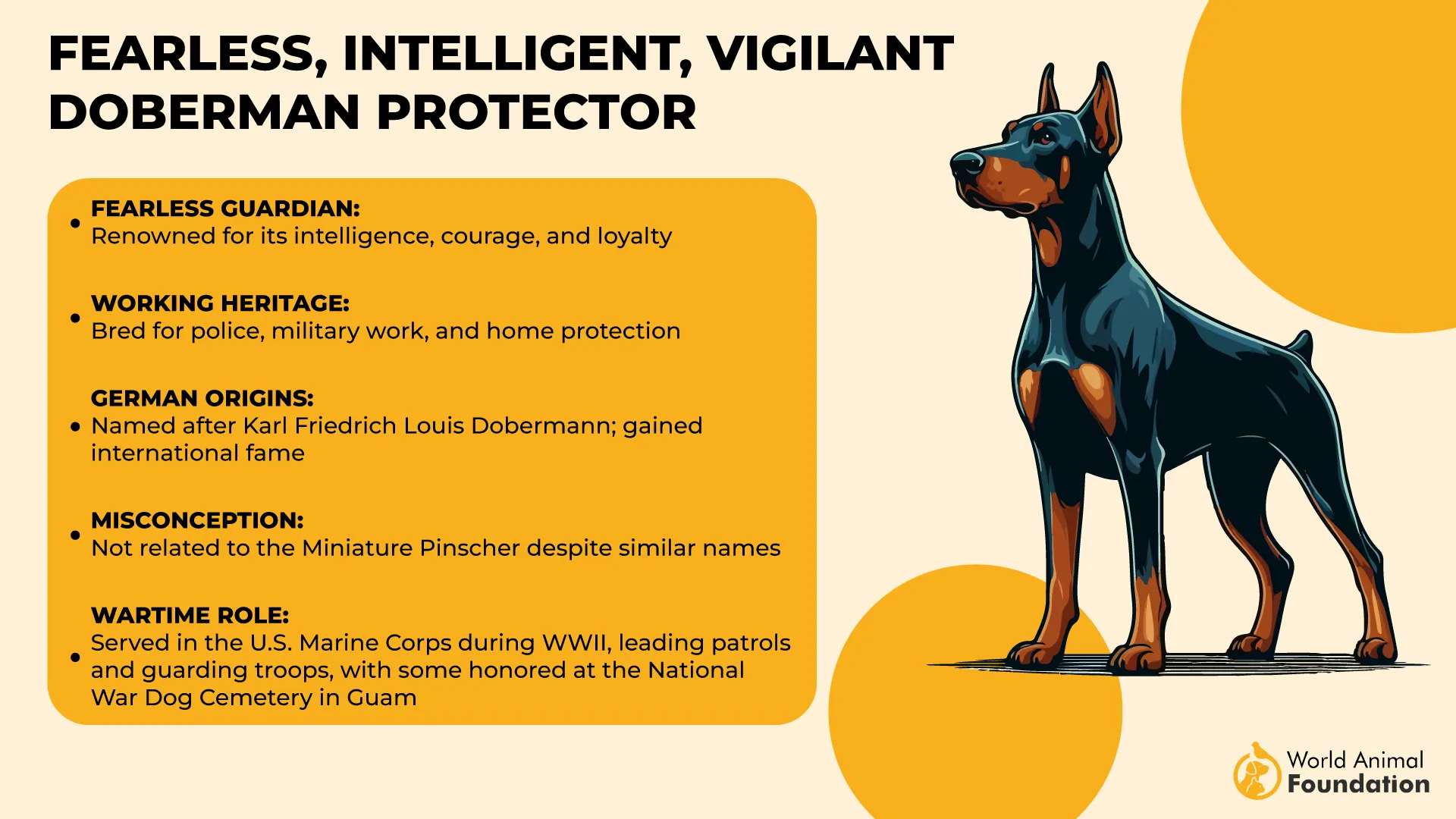
Obedience and Trainability
Dobermans thrive when given mental stimulation through structured lessons and challenges. With proper guidance, they excel in complex tasks such as scent tracking, search drills, or advanced agility courses:
Learn commands after very few repetitions
Retain training with minimal refreshers
Stay focused in distraction-heavy environments
Energy for Modern Families
Their boundless energy makes them well-suited for active families that value both protection and companionship. They need space for running and interactive play, but once exercised, they remain calm and attentive indoors. This balance has helped their reputation as loyal companions for generations.
6. Shetland Sheepdog
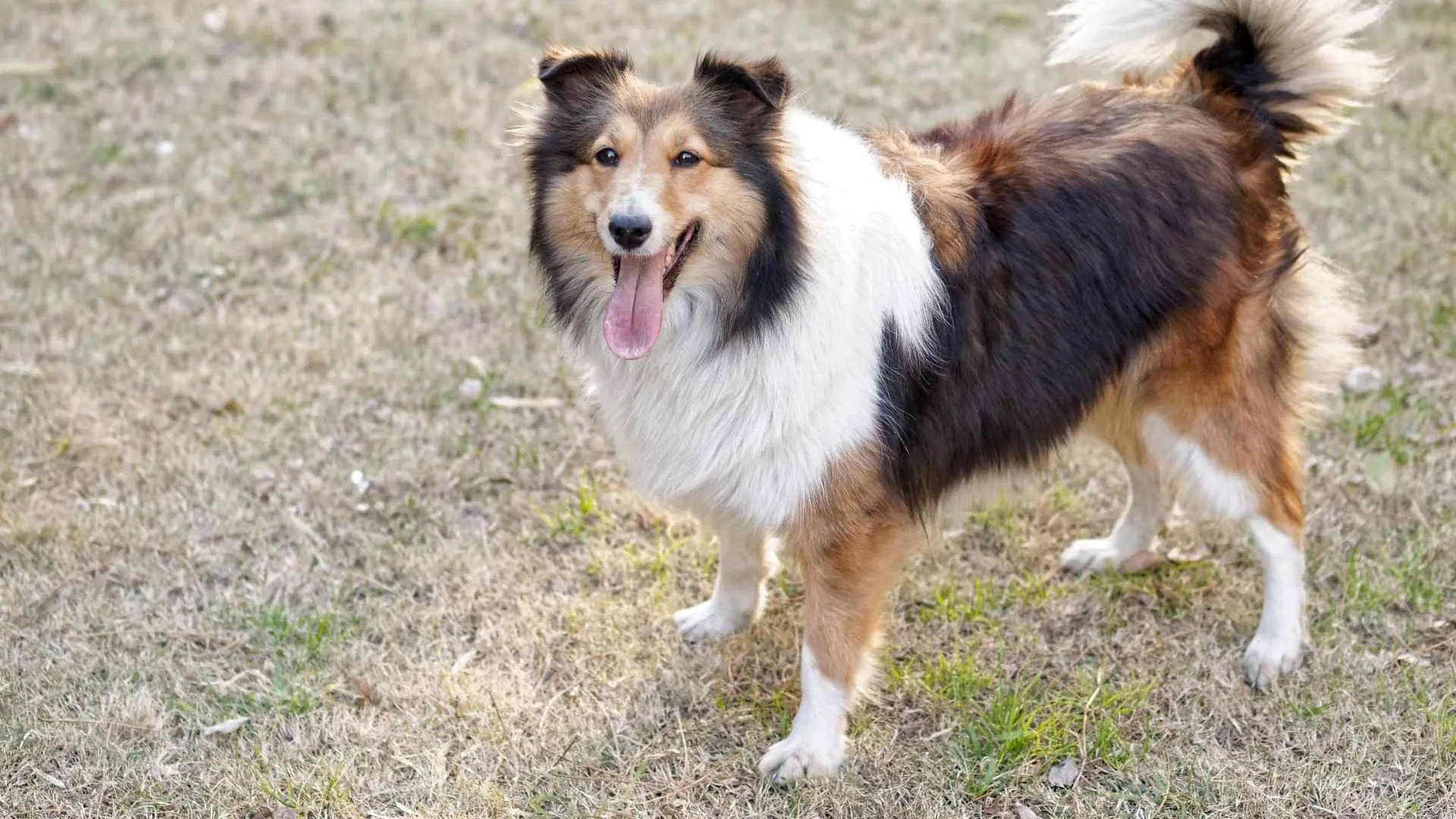
Shetland Sheepdogs have long been valued for their ability to think independently while still responding to direction. Farmers relied on their quick problem-solving skills to manage more than just sheep. These compact herders also controlled ponies and even poultry when needed.
Learning Speed
Their eagerness to get things right makes them excellent students, often mastering commands in just a few repetitions. This combination of focus and willingness has made them standouts in obedience competitions across the world. Many handlers describe them as dogs that anticipate cues before they’re even given.
Practical Intelligence
The Sheltie does everything larger herding breeds can do while eating far less, which was an advantage in the resource-limited Shetland Islands. Their problem-solving ability is matched by a memory that retains tasks long-term, as mentioned in Showsight Magazine.
Family Adaptability
Shelties bring both loyalty and awareness into homes, making them a favorite among families with children. Their instinct to sense approaching strangers or changes in the environment also makes them alert watchdogs. This ability, combined with gentleness indoors, creates an unusually balanced companion.
7. Labrador Retriever
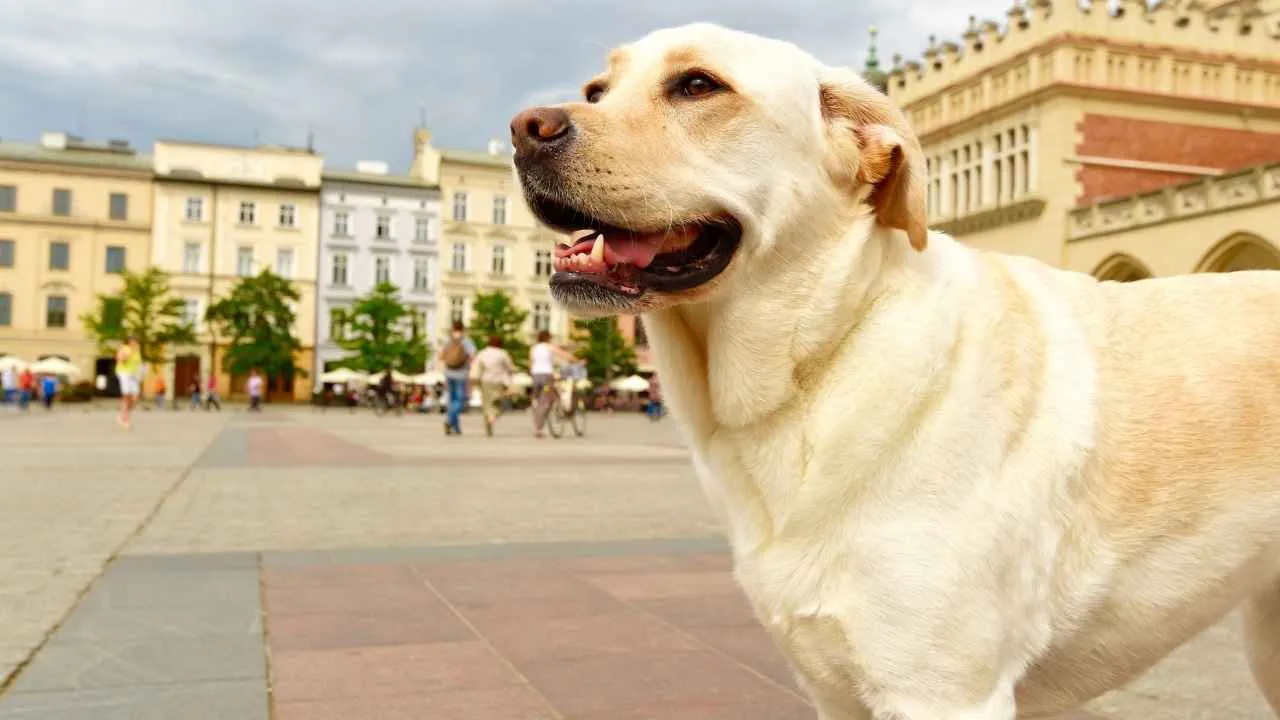
The Labrador Retriever has an unusual trait for a working dog: it often teaches itself by observing people. This natural ability to imitate human actions shortens the time needed to master tasks. Families value this quick adaptability when introducing Labs to everyday routines.
Intelligence in Practical Use
Stanley Coren ranks this breed as the seventh most intelligent, largely due to its sense of smell and judgment in complex situations. It uses scent to track, retrieve, or even detect health conditions. This makes the Labrador versatile in both professional service roles and home life.
Problem-Solving Skills
Labs were refined in England to excel at retrieving ducks during hunts, supported by their water-repellent coats and strong swimming ability. These problem-solving skills remain visible in modern Labs, which can:
Locate hidden objects without repeated commands
Adjust behavior to new environments quickly
Apply learned lessons across different situations
Emotional and Social Intelligence
Their intelligence is not limited to task work. Labradors show sensitivity to human emotions, often anticipating needs before being asked. This has made them one of the most sought-after assistance dogs, helping people with disabilities and serving as trusted emotional support companions.
8. Papillon
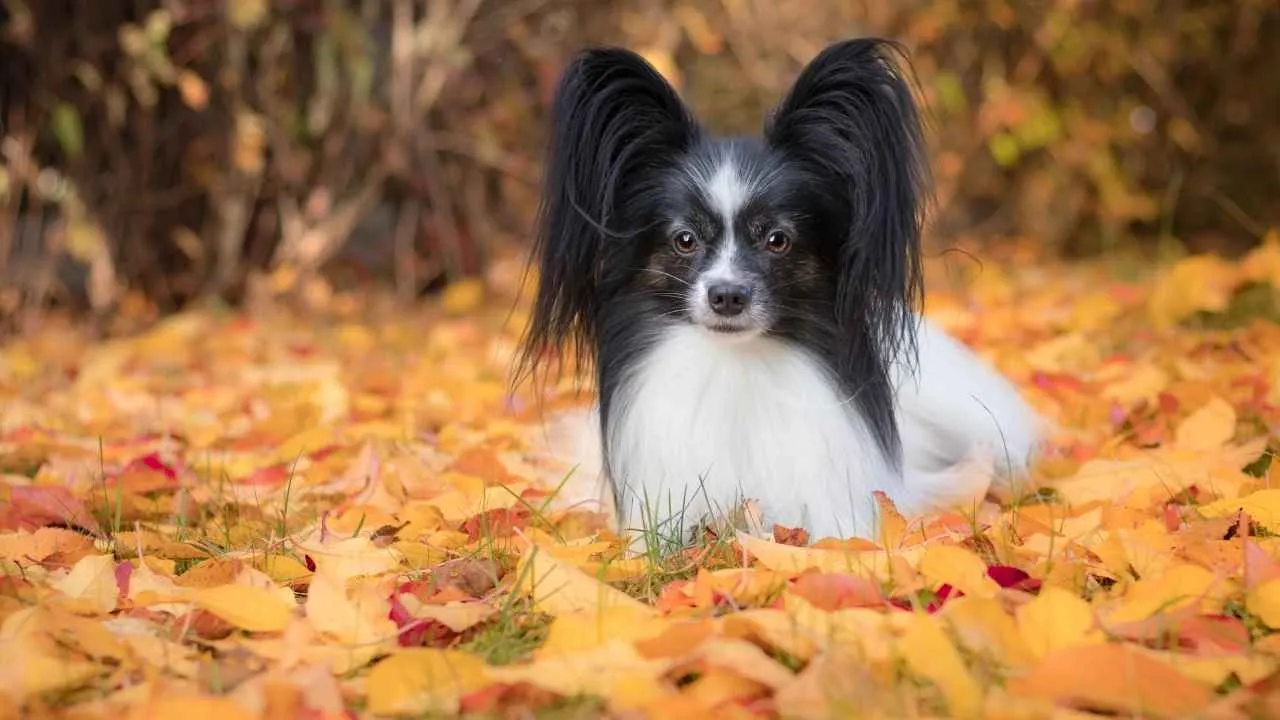
Papillons are widely recognized for excelling in obedience and agility competitions, often outperforming larger breeds. Their natural curiosity keeps them engaged in problem-solving tasks, and they thrive on mental challenges introduced by their owners.
Historic Development
As one of the oldest dog breeds, the Papillon has had centuries to refine its intelligence, and selective breeding has enhanced its sharp instincts. Early depictions in Renaissance paintings show them as companions to European nobility, admired for both their elegance and lively spirit.
Social Intelligence
These dogs combine a cheerful personality with a remarkable capacity to read human emotions. Their eagerness to please and quick grasp of routines make them adaptable family companions. Key traits include:
Fast response to commands
Strong focus during training
Natural enthusiasm for interactive games
Everyday Cleverness
Their compact size hides a big brain, capable of retaining new tricks and commands after only a few repetitions. The winglike ears that give them their name also heighten alertness, making them attentive to subtle cues in their environment.
9. Rottweiler
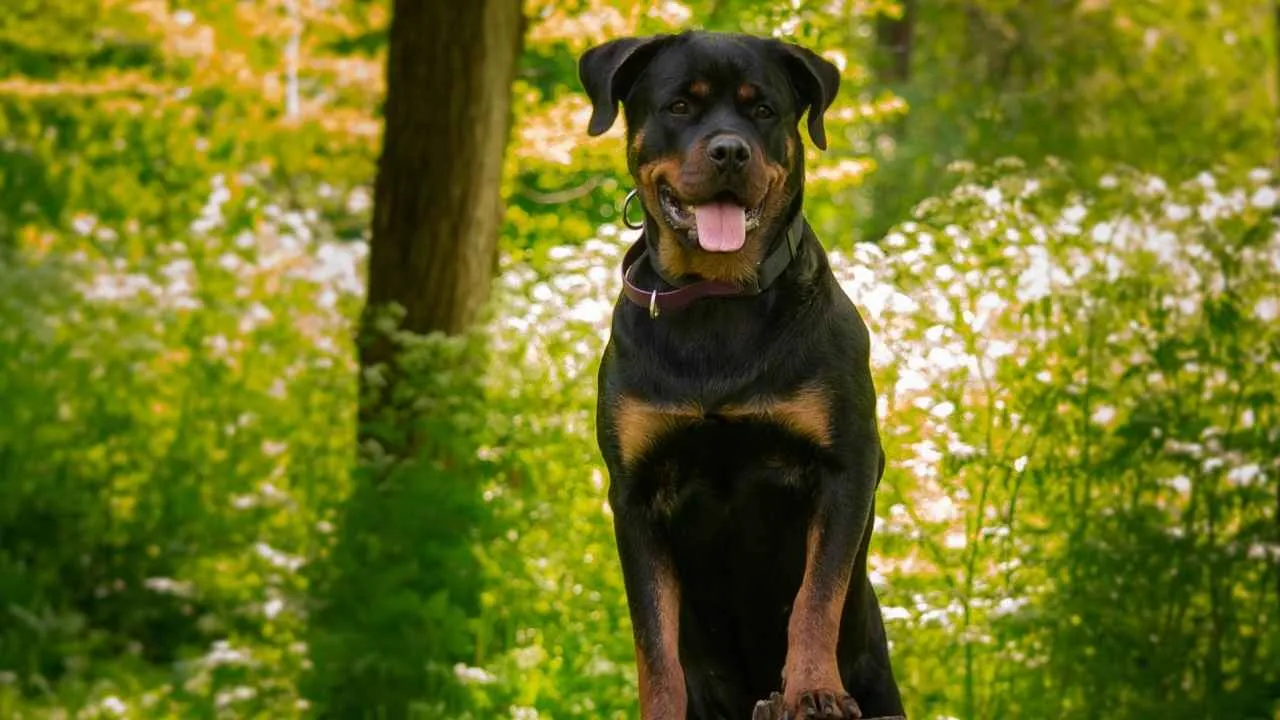
Rottweilers are admired for their ability to analyze situations before acting, which makes them reliable in demanding tasks. Their mental sharpness extends beyond simple obedience, as they excel at problem-solving exercises that test patience and judgment.
Historic Roots and Modern Roles
Dating back to the Roman Empire, these dogs were once used to herd and protect livestock across long distances. That same blend of instinct and intelligence is why today they remain trusted as guard dogs and police dogs, respected for precision and control.
Adaptive Learning Skills
Rottweilers show impressive versatility when given consistent mental challenges. They can quickly understand advanced commands and carry them out with accuracy, especially in working environments such as:
Search and rescue tasks
Service roles for law enforcement
Complex obedience routines
Loyalty with Awareness
Their intelligence is deeply tied to their loyalty, as they develop a strong awareness of family routines and surroundings. This heightened perception enables them to distinguish between normal activity and a genuine threat without hesitation.
10. Australian Cattle Dog
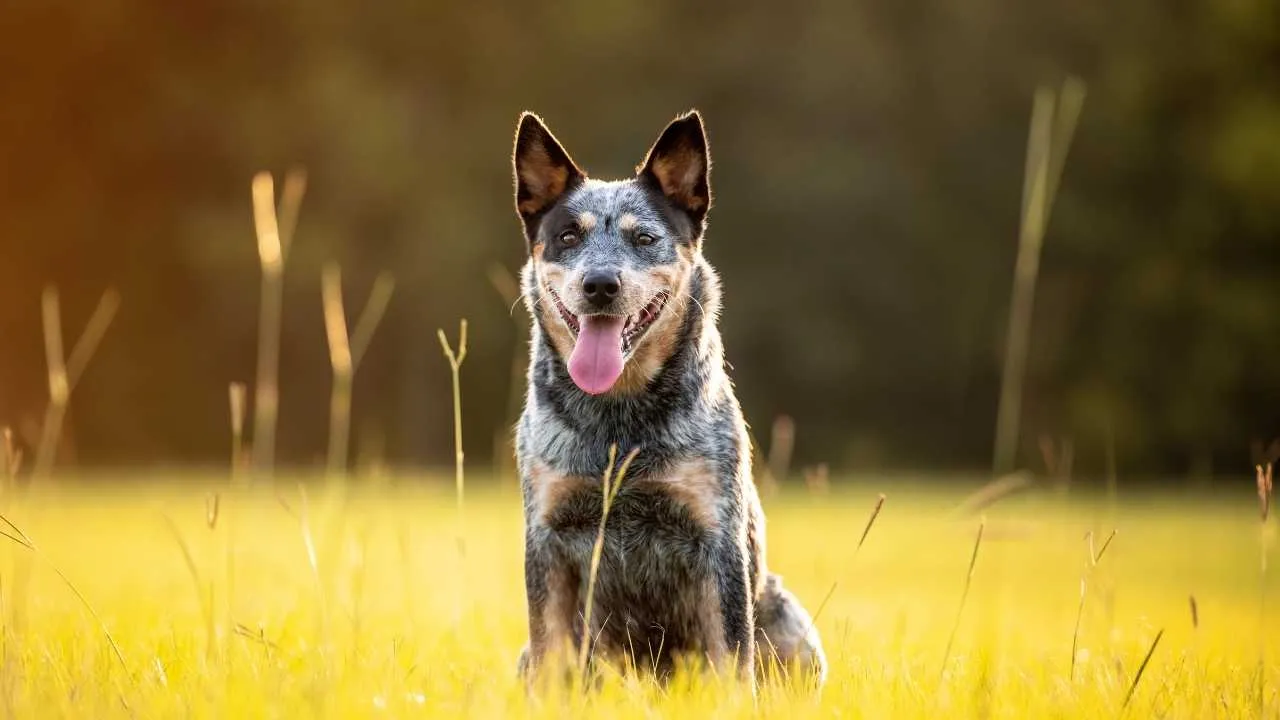
The Australian Cattle Dog has an instinct for analyzing movement and responding with precise herding techniques. Its sharp memory allows it to recall patterns in livestock behavior and anticipate the next step. This makes it one of the most strategic thinkers in the canine world.
Work-Driven Intelligence
This breed doesn’t sit idle, and when it lacks challenges, it invents its own tasks that may not please its owner. Experts have even noted their tendency to stay organized, sometimes moving objects back to where they found them. That need for constant engagement reflects just how sharp their minds are.
Learning with Purpose
They excel when activities are practical, whether fetching, running agility courses, or structured obedience work. Their eagerness to participate is most visible in interactive games with family members. Examples include:
Enthusiastic games of catch
Advanced trick training
Endurance-focused exercises
High Demands on Owners
The same traits that make them brilliant also make them demanding companions. Without consistent outlets, they may outsmart inexperienced handlers. Families who keep them active will discover a dog that combines loyalty with a relentless drive to use its intelligence productively.
Conclusion
The most clever dogs stand out because they turn learning into a partnership where both owner and dog grow together. Many herding breeds excel at quick decision-making, while others shine as a hunting dog or versatile worker.
Obedience training comes naturally when a dog learns with eagerness, and the process strengthens trust. From the most popular dog breed to lesser-known companions, these intelligent canines offer more than skill—they provide loyalty and connection.
Though they are energetic dogs at heart, they remain great family pets when their sharp minds are engaged and their active needs are fully supported.


